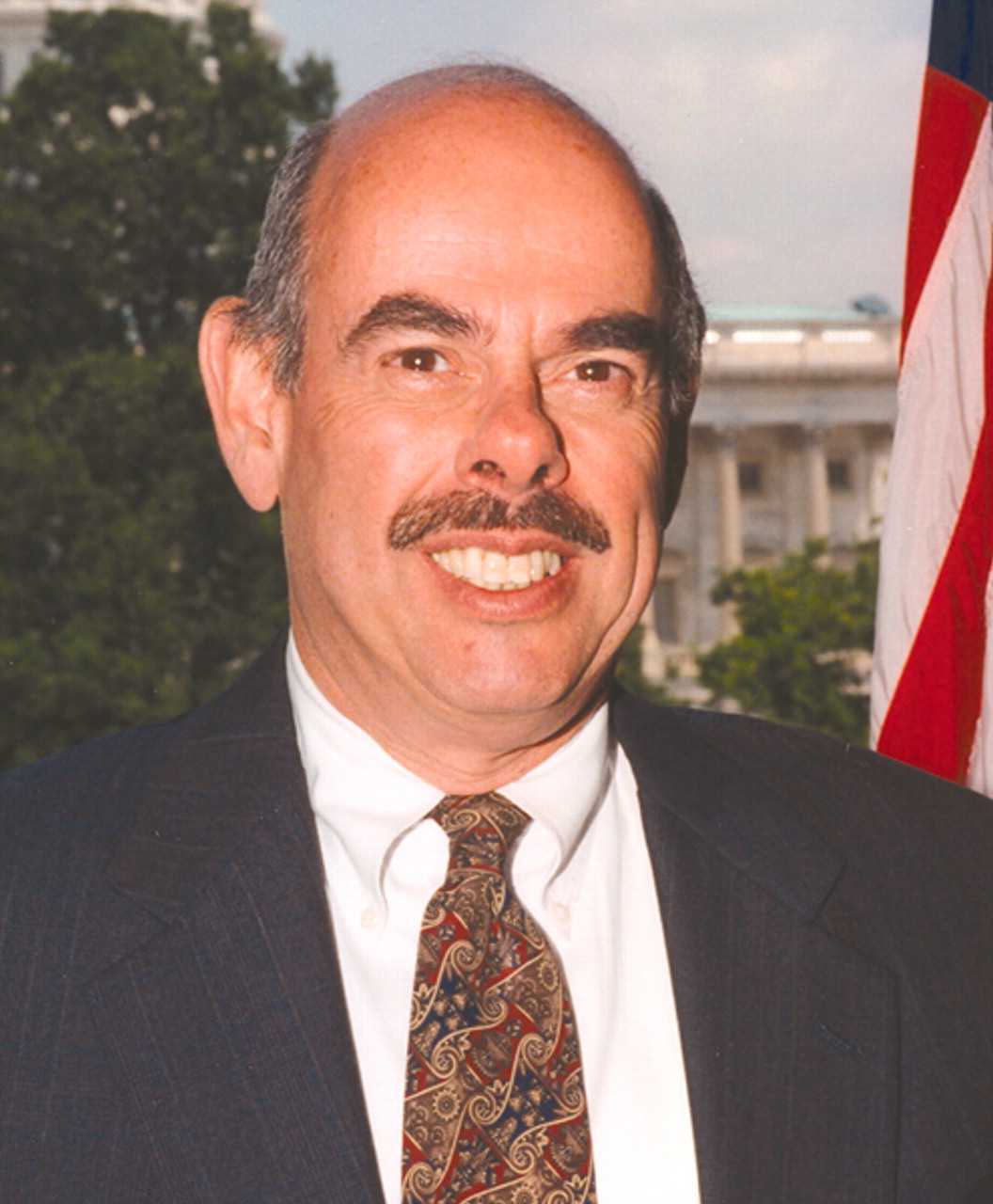Thousands of youth with mental illness are being inappropriately detained in U.S. juvenile detention facilities as they await mental health services in the community that are often scarce, according to a congressional report released at a hearing in Washington, D.C., last month.
According to the report, which was commissioned by House Government Reform Committee ranking minority member Henry A. Waxman (D-Calif.) and Senate Governmental Affairs Committee Chair Susan Collins (R-Maine), two-thirds of juvenile detention facilities in 47 states hold youth who are waiting for mental health services in the community.
“Without access to treatment, some youth with serious mental disorders are placed in detention without any criminal charges pending against them,” the report stated. “In other cases, such youth who have been charged with crimes but are able to be released must remain incarcerated for extended periods because no inpatient bed, residential placement, or outpatient appointment is available.”
In August 2003, the Special Investigations Division of the U.S. House of Representatives Committee on Government Reform mailed the survey to 698 juvenile detention facilities and received 524 responses.
The survey asked administrators of juvenile detention centers to provide information about youth “waiting for mental health services in the community, including placement in a treatment facility.... [who] leave the detention center as soon as appropriate treatment services become available.”
Among the findings:
•
347 (66 percent) of juvenile detention facilities responding to the survey (covering 47 states) reported that they hold youths who do not need to be in detention as they wait for mental health services in the community.
•
The legal status of incarcerated youth waiting for services varies—261 facilities hold youth awaiting community mental health services before a judge rules on their case, and 229 facilities continue to hold youth after the judge's ruling.
•
71 juvenile detention facilities in 33 states reported holding mentally ill youth who have not had any charges against them.
•
While waiting for mental health services, 14,603 youth were incarcerated at juvenile detention centers from January 1 to July 1, 2003, representing 8 percent of juveniles held in the surveyed detention centers.
•
Youth held while awaiting mental health treatment stay an average of six days longer than the general population of juvenile detainees—those who await treatment stay an average of 23.4 days in detention versus 17.2 days for all detainees.
•
On any given night, there are 1,093 incarcerated youth waiting for community mental health services at the surveyed facilities.
•
Of the 347 facilities holding youth who await mental health treatment in the community, 168 reported suicide attempts and 195 reported violent behavior among these youth.
Detained youth awaiting mental health treatment had a variety of psychiatric illnesses, according to the findings.
For instance, administrators at 315 facilities noted that detainees had depression and substance use disorders.
Other conditions noted by administrators included attention-deficit/hyperactivity disorder (302 facilities), retardation and learning disorders (234 facilities), schizophrenia (137 facilities), and anorexia nervosa, posttraumatic stress disorder, and autism.
The report also highlighted the lack of quality mental health services at juvenile detention centers—95 out of 347 facilities holding youth awaiting mental health services classified their quality of mental health treatment as poor, very poor, or nonexistent.
In addition, the report pointed out, incarcerating youth awaiting community mental health treatment is expensive: according to financial data from the American Correctional Association on 163 facilities, $48.9 million was spent on unnecessary detention for the first six months of 2003, which translates into an annual cost of $98.8 million.
Ken Rogers, M.D., a consulting psychiatrist to the Maryland Department of Juvenile Justice and a member of the American Academy of Child and Adolescent Psychiatry's Committee on Juvenile Justice Reform, spoke at a press briefing following the congressional hearing about the incarceration of youth with mental illness.
“Behavior caused by or related to mental illness often precipitates entry into the juvenile justice system,” he said, “and while as many as 65 to 75 percent of youthful offenders have one or more diagnosable psychiatric disorders, most juvenile facilities are not equipped to deal with them.”
Rogers identified a number of factors that contribute to the incarceration of youth with mental illness in a subsequent interview with Psychiatric News.
Chief among them, he said, is a critical shortage of child and adolescent psychiatrists and mental health professionals trained to treat adolescents in the community and a lack of coordination and communication among systems of care for children and adolescents.
“Without communication between various agencies, a child who may not have been identified as having problems may in fact have significant problems that are not being addressed because no one is aware of them,” he said.
The report concluded that “major improvements in community mental health services are urgently needed” to prevent the unnecessary incarceration of youth in the U.S.
The report, “Incarceration of Youth Who Are Waiting for Community Mental Health Services in the United States,” is posted online at<www.reform.house.gov/min>.▪


